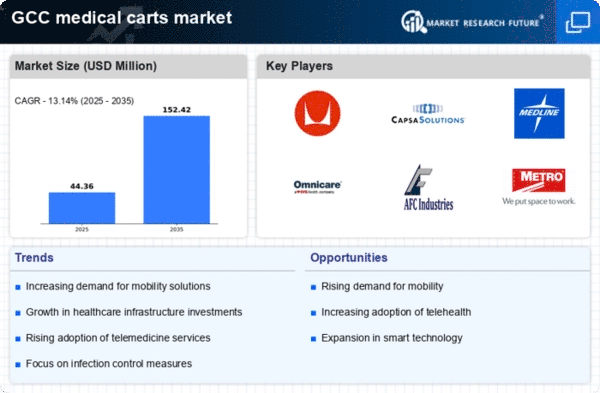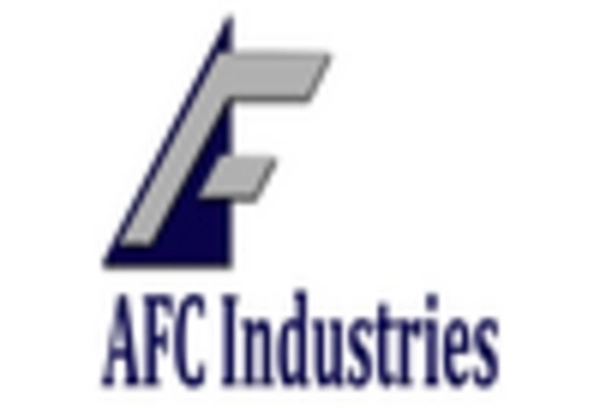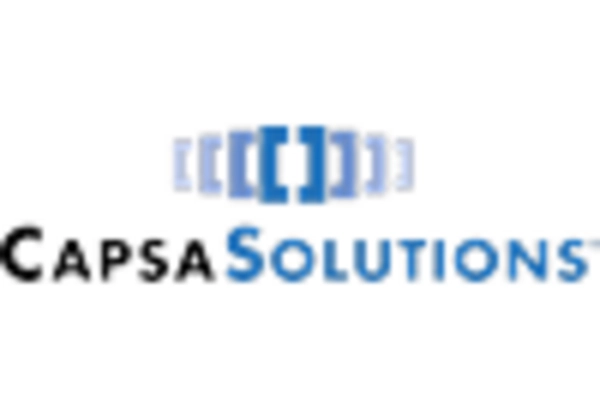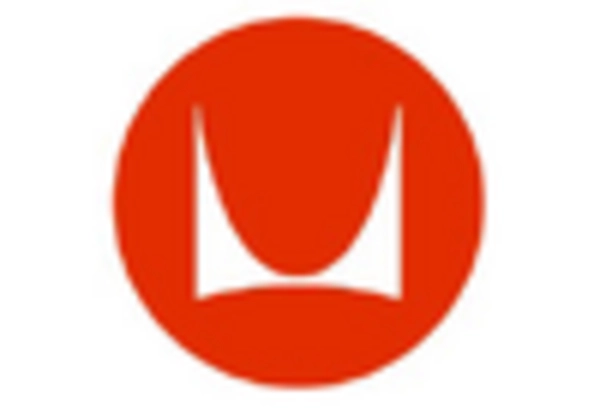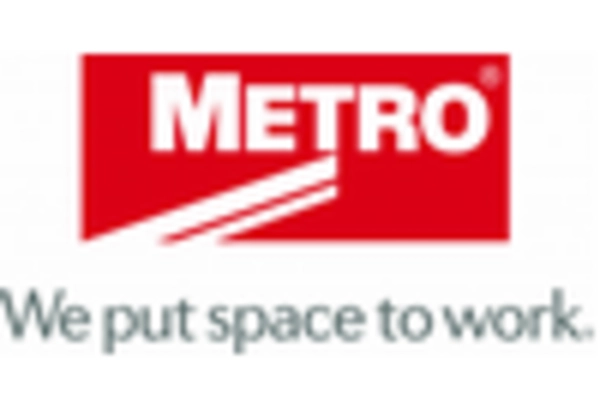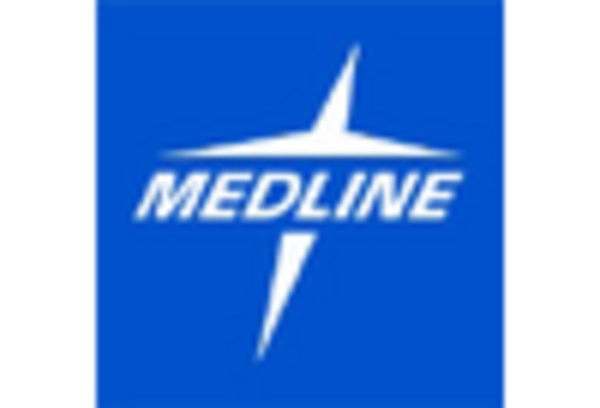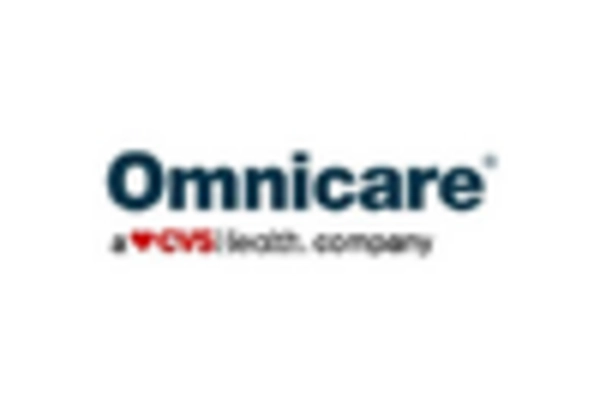Government Initiatives and Funding
Government initiatives aimed at improving healthcare infrastructure in the GCC are playing a pivotal role in the growth of the medical carts market. Increased funding for healthcare facilities, particularly in underserved areas, is leading to the procurement of modern medical equipment, including medical carts. This trend is supported by various national health strategies that prioritize the enhancement of healthcare services. As a result, the medical carts market is likely to see a boost in demand, with government contracts and partnerships becoming more common. The financial support from governments is expected to facilitate the acquisition of advanced medical carts, thereby improving patient care and operational efficiency.
Focus on Infection Control and Safety
Infection control remains a critical concern in healthcare settings, particularly in the GCC region. The medical carts market is responding to this need by offering products designed with materials and features that promote hygiene and safety. Carts with antimicrobial surfaces and easy-to-clean designs are gaining traction among healthcare facilities. This focus on infection control is expected to drive market growth, with projections indicating a potential increase in market share of up to 15% by 2030. The medical carts market is thus evolving to meet these safety standards, ensuring that healthcare providers can maintain high levels of cleanliness and reduce the risk of hospital-acquired infections.
Rising Demand for Healthcare Services
The medical carts market is experiencing a notable surge in demand due to the increasing need for healthcare services across the GCC region. As populations grow and age, healthcare facilities are expanding their services, which in turn drives the need for efficient medical equipment. The market is projected to grow at a CAGR of approximately 8% from 2025 to 2030, indicating a robust expansion. This growth is largely attributed to the rising prevalence of chronic diseases and the need for improved patient care. Consequently, healthcare providers are investing in medical carts to enhance operational efficiency and patient safety. The medical carts market is thus positioned to benefit from this rising demand, as hospitals and clinics seek to optimize their workflows and improve service delivery.
Growing Emphasis on Patient-Centric Care
The shift towards patient-centric care is reshaping the medical carts market, as healthcare providers increasingly focus on enhancing the patient experience. Medical carts are being designed to facilitate better interaction between healthcare professionals and patients, incorporating features that allow for easy access to medical supplies and equipment. This trend is indicative of a broader movement within the healthcare sector to prioritize patient needs and comfort. The medical carts market is likely to benefit from this emphasis, as facilities invest in carts that support personalized care. As patient satisfaction becomes a key performance indicator, the demand for innovative medical carts is expected to rise, potentially leading to a market growth rate of around 10% by 2030.
Technological Advancements in Medical Equipment
Technological advancements are significantly influencing the medical carts market, as innovations in design and functionality enhance the efficiency of healthcare delivery. The integration of smart technologies, such as electronic health records and telemedicine capabilities, into medical carts is becoming increasingly common. This trend is expected to propel the market forward, with estimates suggesting a market value of over $500 million by 2030. The medical carts market is adapting to these changes, as manufacturers focus on developing carts that are not only mobile but also equipped with advanced features that facilitate better patient monitoring and data management. As healthcare providers prioritize technology-driven solutions, the demand for sophisticated medical carts is likely to increase.


